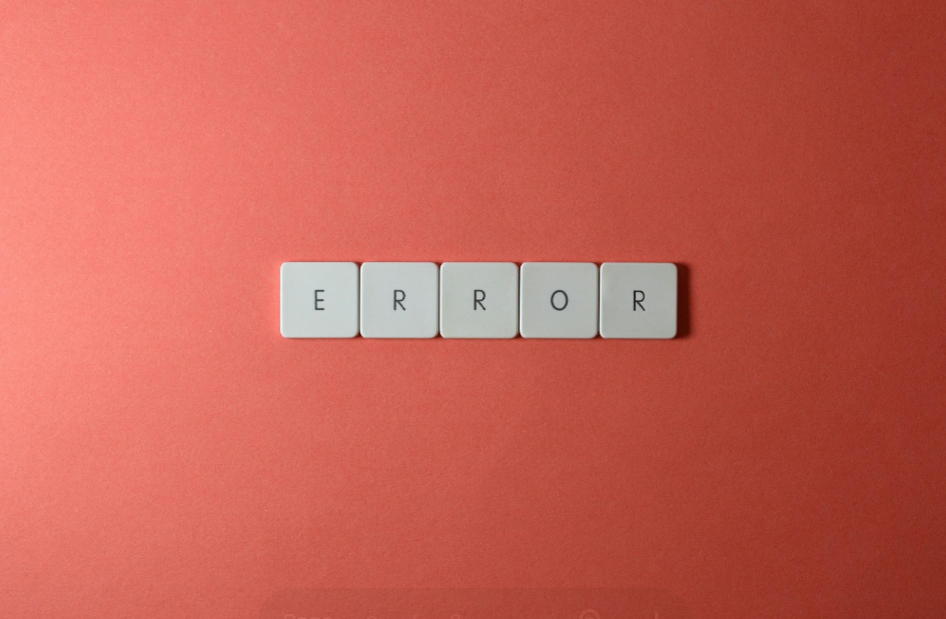
DWP Makes Slow Progress On Parents’ Pension Redress
The Department for Work and Pensions (DWP) is making slow progress on addressing State Pension errors for around 194,000 parents who are being denied a full State Pension because they have not had the correct information applied to their National Insurance records.
The problem relates to the Home Responsibilities Protection (HRP) which is an allowance provided to parents who have taken time out of the workplace to raise a family. HRP should be applied to the period of time these parents aren’t working, so they still qualify for a full State Pension when they reach retirement age.
However, a trawl of National Insurance data to resolve other issues – separate errors affecting more than 100,000 widows, married women and over 80s – highlighted the additional problem with the way HRP was applied.
How did this error happen?
The problem has arisen because before 2000, many Child Benefit claim forms didn’t include a National Insurance number, which is necessary to apply the HRP to the relevant account. The problem has been exacerbated by the fact that HMRC has destroyed old Child Benefit records, so it has to write to the people – primarily women – it believes are affected.
Even though HMRC began writing to potential victims last autumn, by the end of March, DWP had only assessed 419 cases out of the total 194,000 people expected to be affected. This means just £2.2m of State Pension arrears have been paid, with the final bill anticipated to reach around £1.15 billion.
Some very elderly pensioners have been encouraged to check via a website if they are eligible for the HRP to be added, so they can make a claim.
Why have so few claims been resolved so far?
Even where a successful claim for additional HRP is established, there is a long process to go through. First when HMRC has received a claim form, it needs to update that person’s National Insurance records, and then DWP needs to do a State Pension reassessment. This all takes time and is part of the reason why progress is so slow.
The saddest part of this is that a substantial number of those who missed out on their full State Pension have already died, so the payment would need to go to their estate. The best estimate from the DWP is that 151,000 people affected are still alive, but that 43,000 have already died. Many are now so elderly that there is a real urgency to fix the problem.
Steve Webb partner at LCP and former pensions minister, said: “Once the government realised that nearly 200,000 mothers may have been underpaid their state pension, action should have been taken to fix the problem with much greater urgency, especially as many of those who have lost out are now elderly. Instead, DWP has so far assessed fewer than 500 cases out of that total, and the exercise is proceeding at a snail’s pace. When the government talks about continuing the exercise into 2027/28 it is clear that this issue is not getting the priority that it deserves.”
What can you do if you think you might be affected?
If you think you might be one of the people affected by this error, you should get in touch with HMRC in the first instance and make your claim. Similarly, if you think one of your relatives may have been affected, but is no longer alive, you should also make a claim – or ask the person who was the executor of their estate to make the claim.
If you are not sure how to do this, get in touch with us and we will give you the help you need to resolve this issue. In the first instance, you should ask the DWP for a State Pension forecast so you know how many full years of National Insurance contributions you have. You can get this online at Gov.uk. Even if this issue doesn’t impact you, you should still get a forecast from the DWP so you know what you will get when you reach State Pension age.
There are many aspects of the State Pension you need to be aware of. So, if you want to plan properly for your retirement, then please get in touch with us and we would be delighted to help you.

